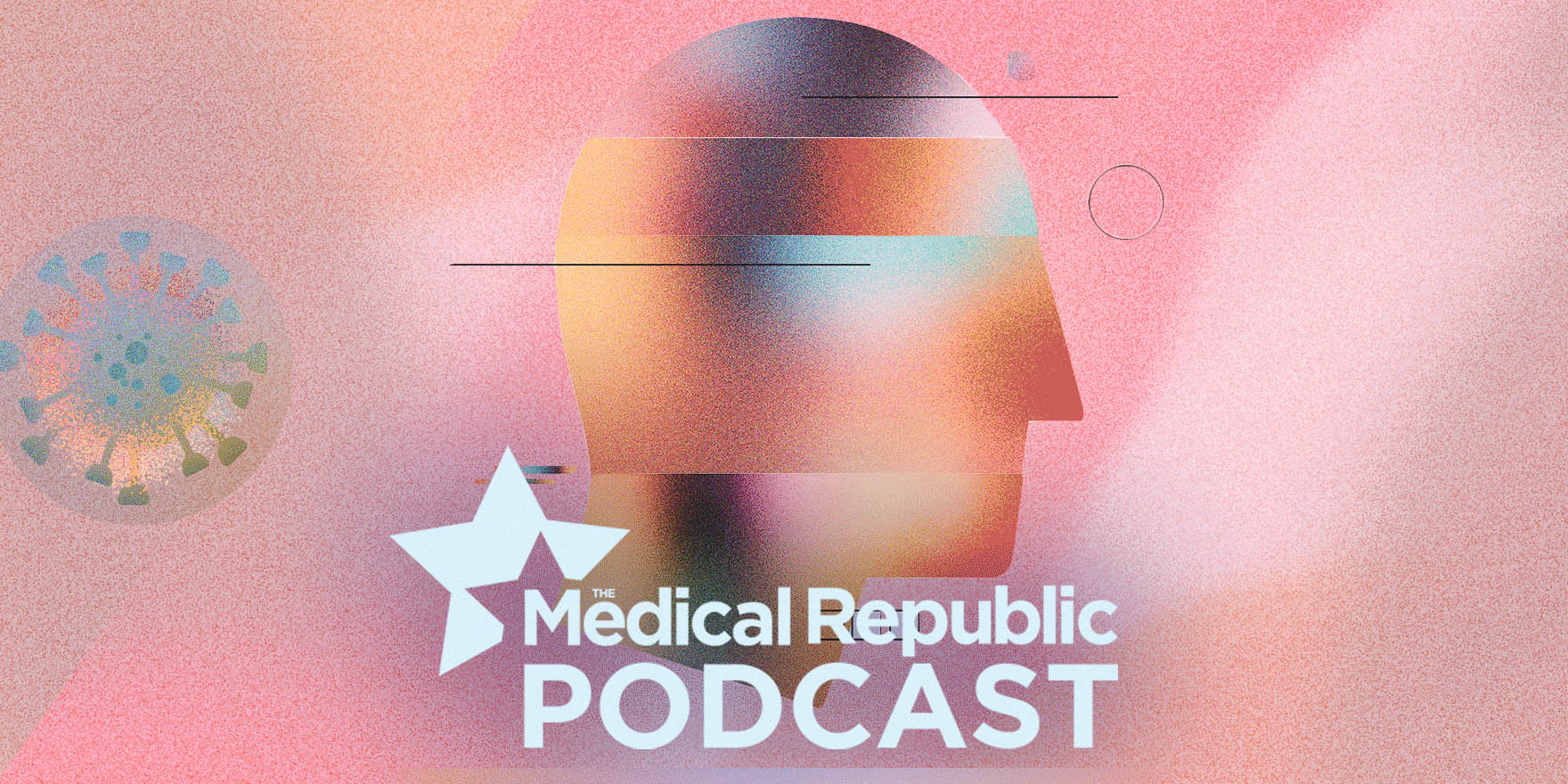COVID-19 is mysterious in many ways – but one of the strangest outcomes of the disease is the neuropsychiatric issues it can cause
Say the word ‘coronavirus’, and we first think of a respiratory disease. So why are scientists tracking what happens to patients’ moods and minds in the years after they have recovered?
It turns out that coronavirus illnesses like SARS, MERS – and possibly even COVID – appear to have a range of neurological and mental health effects too.
Everything from delirium during hospitalisation, and depression, anxiety, PTSD and fatigue have been found in patients who recovered from the previous outbreaks. Which means that we should be on high alert for these problems in the coming months and years, even after the world starts moving on from COVID-19.
Many mysteries still remain though.
What is causing these neurological and mental health symptoms? Is it the disease itself? Is it the treatment? Or is it just the experience of being on death’s door?
In this episode of The Medical Republic podcast, Dr Jonathan Rogers, a neuropsychiatry expert at the University College London, shares the latest data.


